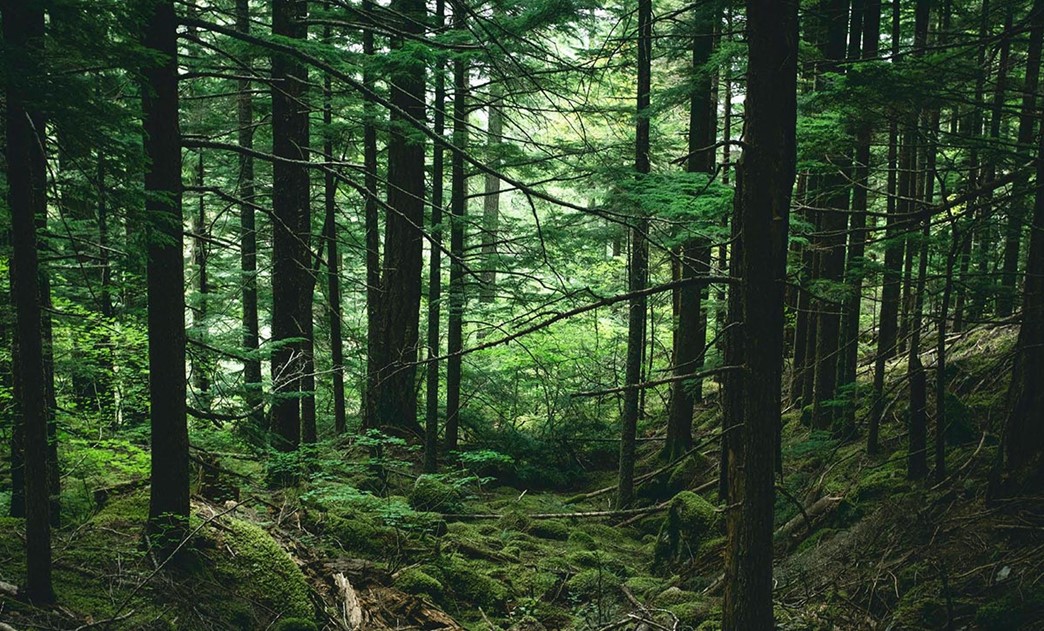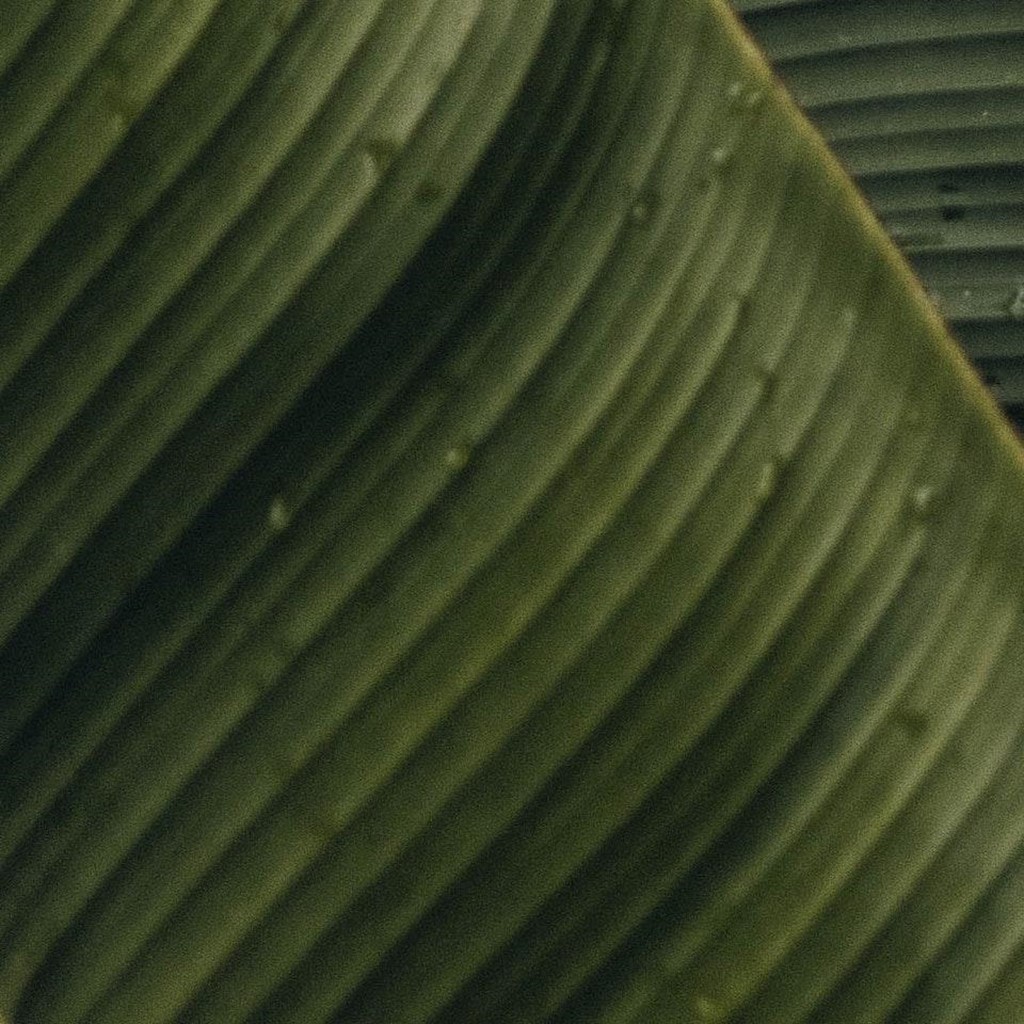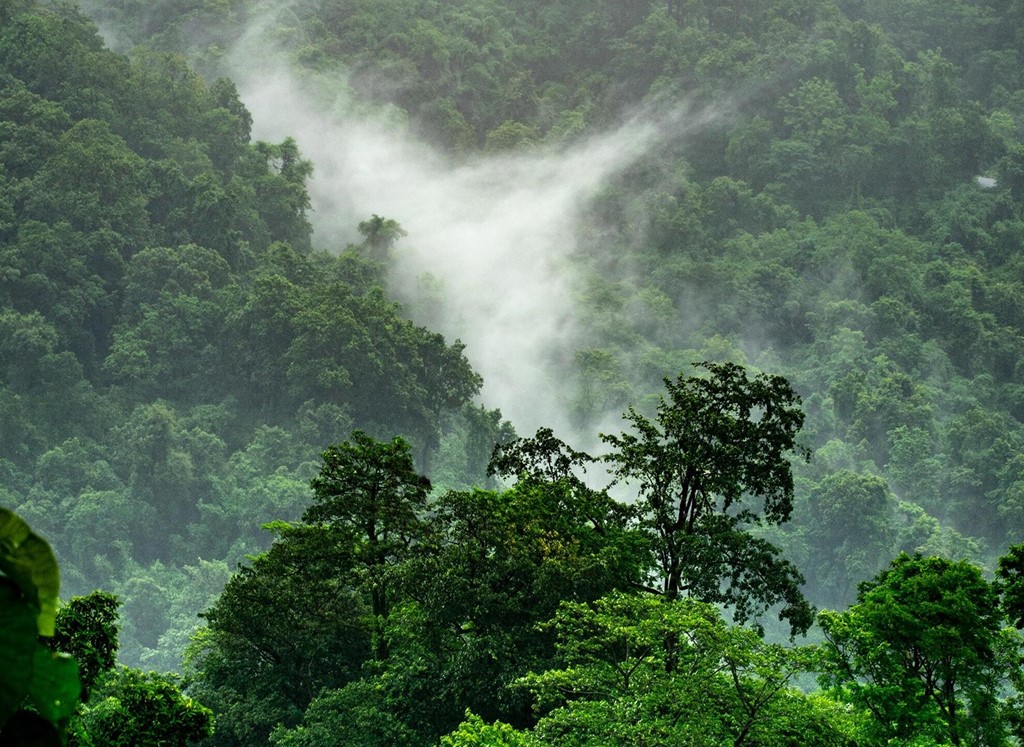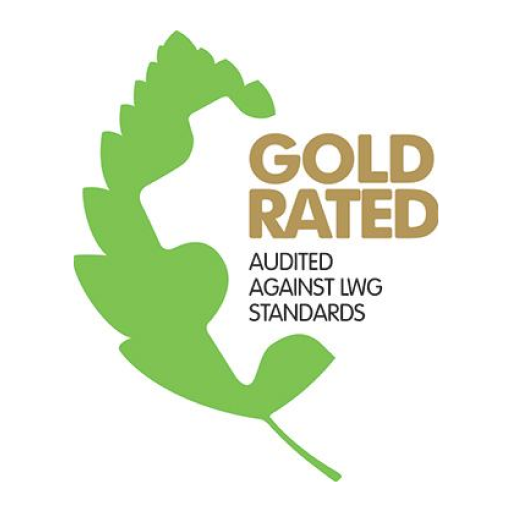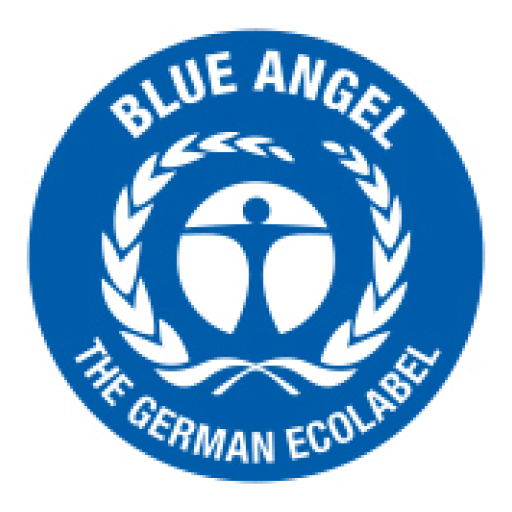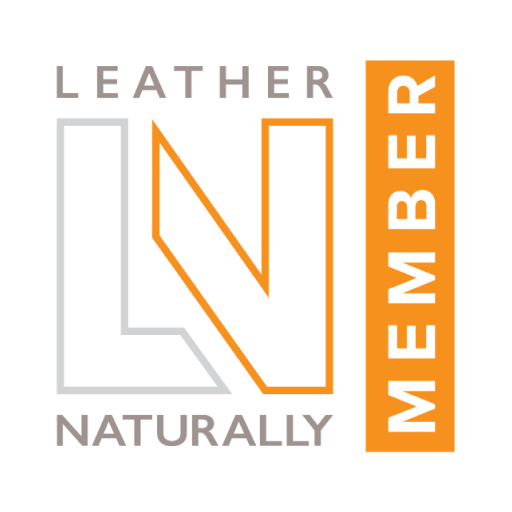Leather is a by-product of the meat and dairy industry, and by nature it is far more natural and biodegradable than vinyls and synthetics that try to imitate the natural beauty and supple feel of leather.
Each and every year, the leather industry saves over 73 million tonnes from global landfill through environmentally aware initiatives and regulations to protect the environment.
We are committed to:
- Waste recycling - obligatory in house purification plants that can purify 97-99% of discharge and be used multiple times in productions phases.
Further information can be found here. - Energy efficiency using thermal, solar and renewal energy sources not only in production where the leather is made, we also are committed to a more sustainable environment and have embraced the use of solar energy at our head office in Sydney, NSW.
- Replacement of all harmful substances so that all our leather comply with REACH specifications. There is no Chromium VI or any solvents or substances that appear on the MRSL. We use mostly water-based materials, limiting emissions of VOCs (Volatile Organic Compounds). All partners contribute to ZDHC (Zero Discharge of Hazardous Chemicals).
- Fully traceability from the farms the cows are reared in to the hides delivered to you. We know where every hide originates.
- Investing in research and innovation that is constantly leading to reduced water, energy, chemicals used for the treatment of waste, helping to lower emissions and increased waste recycling.
- Replacement of all diesel with hybrid and electrical Internal transport in tanneries and warehouses.
- Recycling of our old samples and colour catalogues, these are given to small handicraft organisations, schools and workshops so that nothing goes to waste.
- The use of recycled materials in our sampling and marketing collateral, takes further step towards assisting
our environment with creating a sustainable future. - The tanneries are always striving to reduce their waste and to incorporate more bio-sensitive practices with their leathers. They now incorporate in many of the ranges that are produced, the use of vegetable extracts in the tanning process, such as the use of olives or mimosa’s.
Our partners are certified with or meet the following standards:
